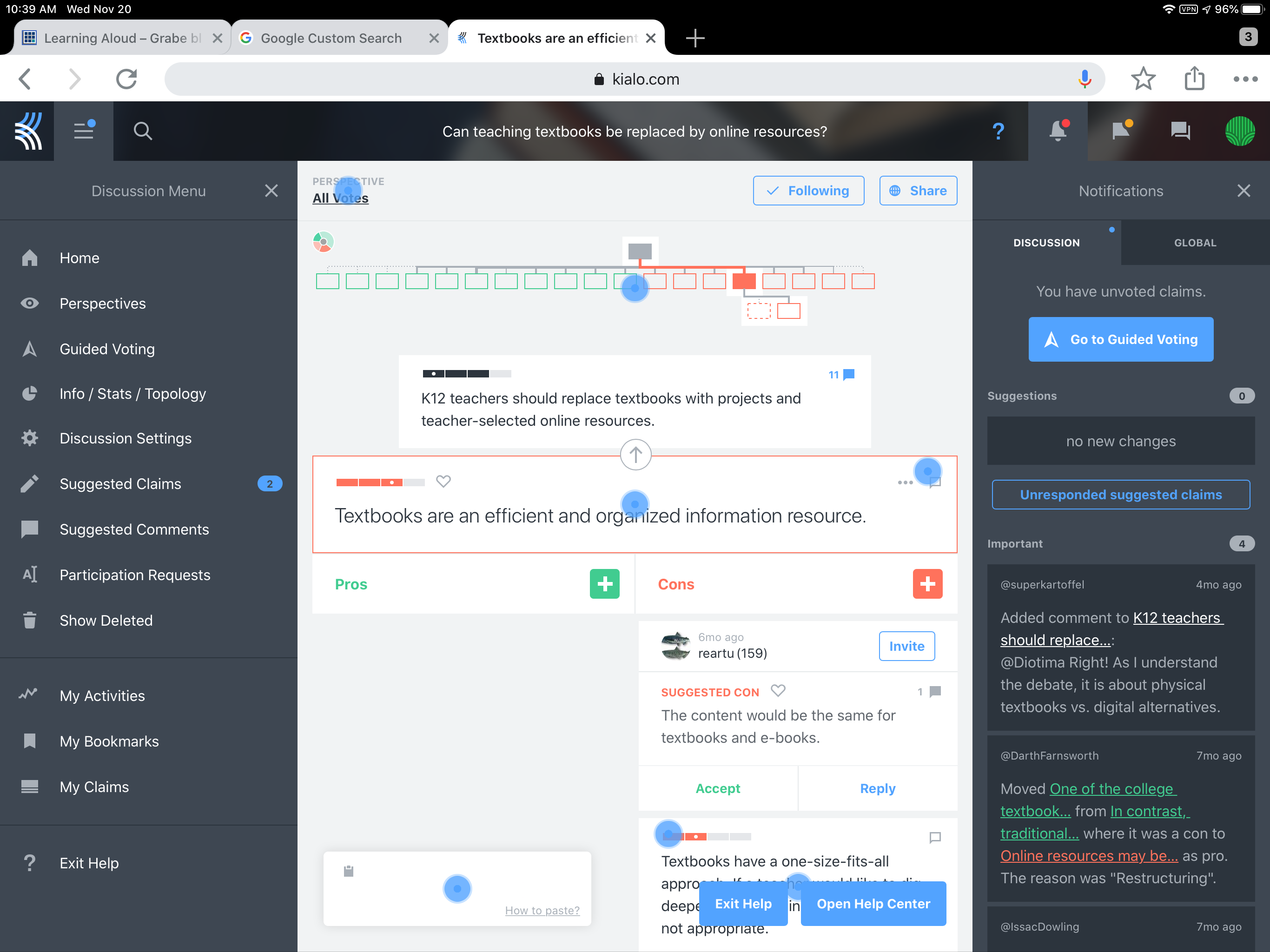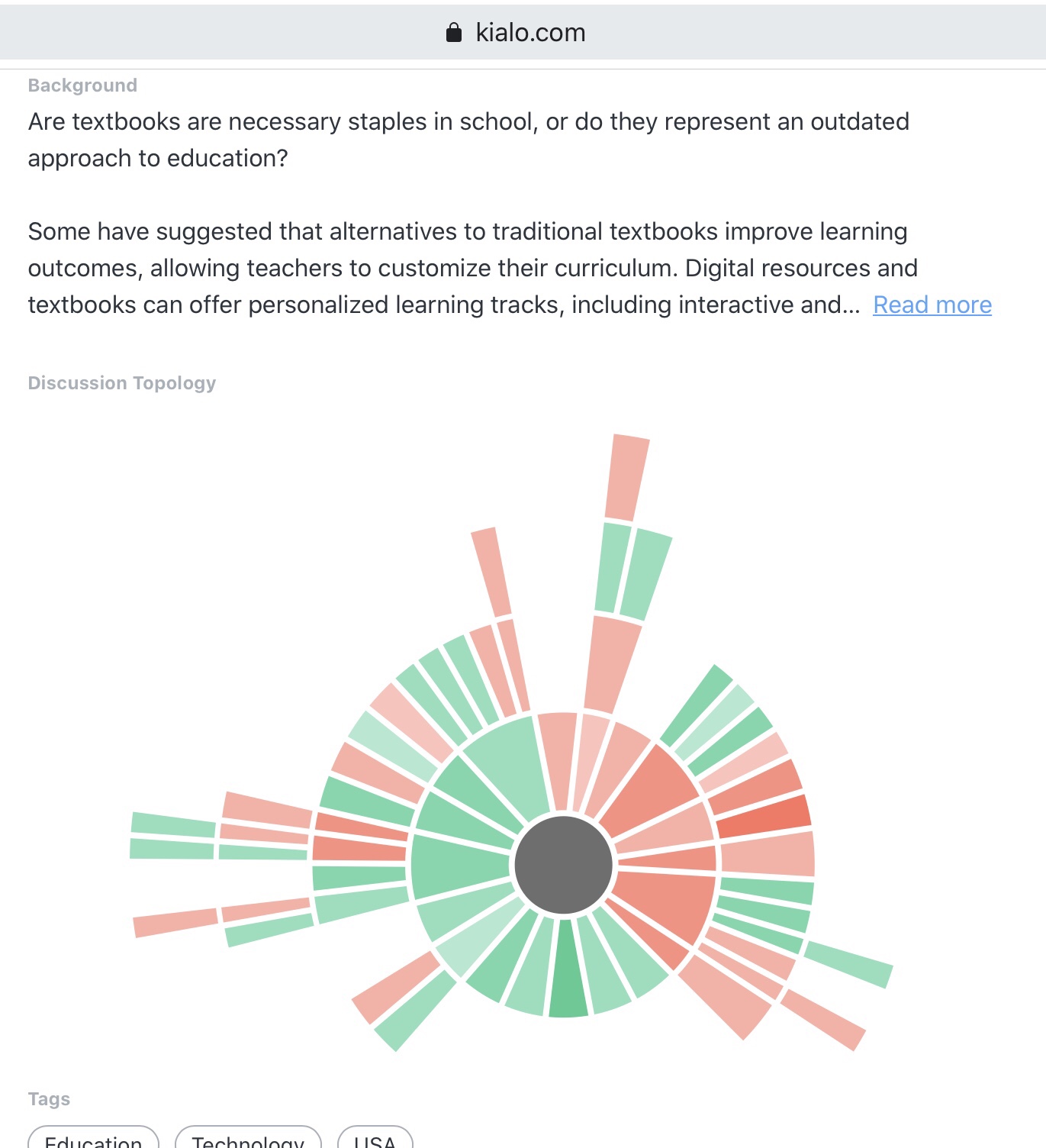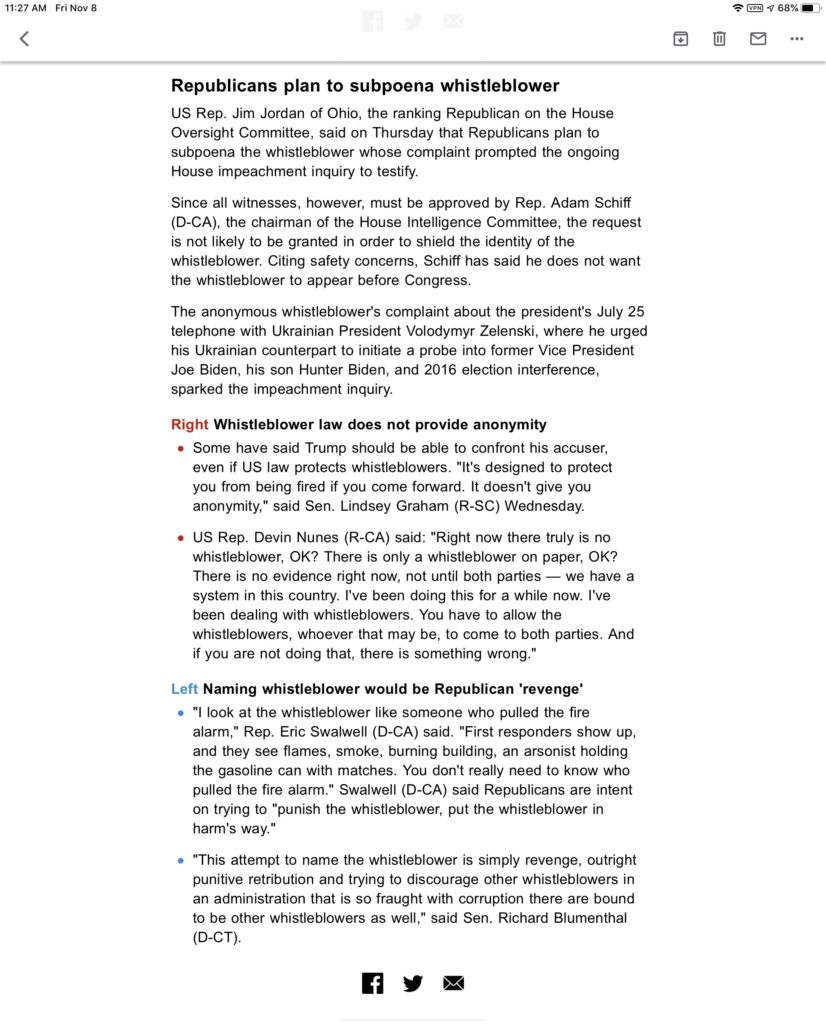There have been multiple attempts to offer an alternative to Facebook and I have tried and continue to use several (Diaspora, MeWe). The network effect (people stay where there are other people) makes it very difficult to gain traction. Now, Jimmy Wales, Wikipedia founder, is going to give it a try. The new service is called wt:social.
wt:social will differ from Facebook (and Twitter) mostly in how it is funded and how it is funded has consequences for how it works. Facebook and Twitter are funded by targeted ads and make use of user data to sell these ads. Wales intends to fund wt:social using the same kind of contribution model he used with Wikipedia.
Because wt:social has been relatively possible, Wales has had to institute a wait list approach for those not wanting to make an immediate contribution. I admit to being one of these individuals. I contribute to several social media sites, but the $100 a year subscription model was too much for me at this point. I would have contributed a lesser amount and I might eventually contribute the $100, but I want to see if the site can attract a substantial amount of activity before it would be worth this amount to me.
wt:social is built on an a previous news effort that never really gained much traction. It does retain some features of the effort and allows participants to create and “subwikis” that can be followed as an addition to following the posts from specific friends. I created a wiki – K12 Edtech – to see how this might work. Individuals interested in this topic who join wt:social are encouraged to add this “group” and to contribute. I intend to see the wiki with links top content I have written elsewhere and maybe some original content so there is initially something there to see. If nothing develops in a month or so, I will probably just delete the topic. Give it a look if interested.
If you are interested in wt:social and want to spend some time to see how it develops, my wait time was about a week.

If you are unhappy with Facebook or Twitter this may offer an alternative and a big name in the tech community may be able to pull off creating an option. How satisfied you are will depend on whether the new offering can attract users and what you found objectionable with other existing services. The elimination of the business model based on harvesting personal information to drive ads could be your objection. If you want to leave Facebook because of what you read there, it is hard to predict if things will improve with a different service. wt:social does allow control over acquaintances and wiki sources so your feed may end up more to your liking.
![]()





You must be logged in to post a comment.